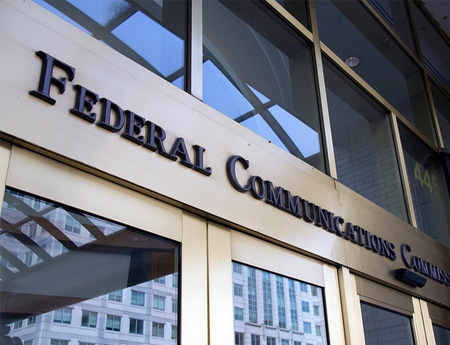Rep. Upton: FCC Reforms Are About Accountability

The smarter way to stay on top of broadcasting and cable industry. Sign up below
You are now subscribed
Your newsletter sign-up was successful
House Energy & Commerce Committee chairman Fred Upton (R-Mich.) says his committee's trio of FCC reform bills are not about what the FCC has done, but how it has done it.
The bills, which are the subject of a hearing April 30 in the Communications Subcommittee, would require the commission to list the items that have been approved at the bureau level on delegated authority, to publish the drafts of rulemakings when they are circulated to the other commissioners by the chairman's office before a vote, and to publish rules the same day they are voted on.
In his opening statement for this afternoon's hearing, Upton says that Congress is not asking the FCC to do anything it doesn't already do itself.
"Our bills are posted publicly, debated publicly, amended publicly, and voted publicly," he says. "These bills take meaningful steps toward bringing accountability to a commission comprised of those unaccountable to the electorate."
"Access to commission information and decision makers today is largely a function of proximity to our nation’s capital. These proposals will turn that paradigm around and ensure that every American has the access to information that will meaningfully impact any part of their increasingly connected life."
Republicans have been pushing process reforms, including quicker turn-arounds of order texts, but the bills were prompted, at least in part, by FCC chairman Tom Wheeler's decision not to publish a draft of the Title II open Internet order. Wheeler pointed out that would be unprecedented and said that decision itself requires its own transparency process that could delay providing important open Internet protections where none currently existed.
Congressional Republicans had requested the publication, and were not happy with the chairman's decision.
The smarter way to stay on top of broadcasting and cable industry. Sign up below
According to his opening statement for the hearing, Wheeler will point out that he has already undertaken a number of reforms, including “posting the Commission’s budget on our website, establishing minimum comment periods, and including draft rules with Notices of Proposed Rulemaking.”
He said that suggests internal change, at the discretion of the agency, rather than “blunt legislation,” is the best way to reform processes he concedes need reforming.
"The subcommittee's press release says that more transparency is always better, so I look forward to knowing more about who's lobbying members of Congress before these kinds of bills and discussion drafts are introduced," said Free Press Action Fund policy director Matt Wood. "In some respects, the FCC's current process is far and away more transparent than anything Congress does. Anyone can look at the FCC ex parte record to learn both who's meeting with the Commission and what they're saying."
“This unqualified praise and enthusiasm for transparency should apply to the legislative branch, too. In their sudden zeal for openness and accountability, subcommittee members should take a hard look at their own practices."
Contributing editor John Eggerton has been an editor and/or writer on media regulation, legislation and policy for over four decades, including covering the FCC, FTC, Congress, the major media trade associations, and the federal courts. In addition to Multichannel News and Broadcasting + Cable, his work has appeared in Radio World, TV Technology, TV Fax, This Week in Consumer Electronics, Variety and the Encyclopedia Britannica.

